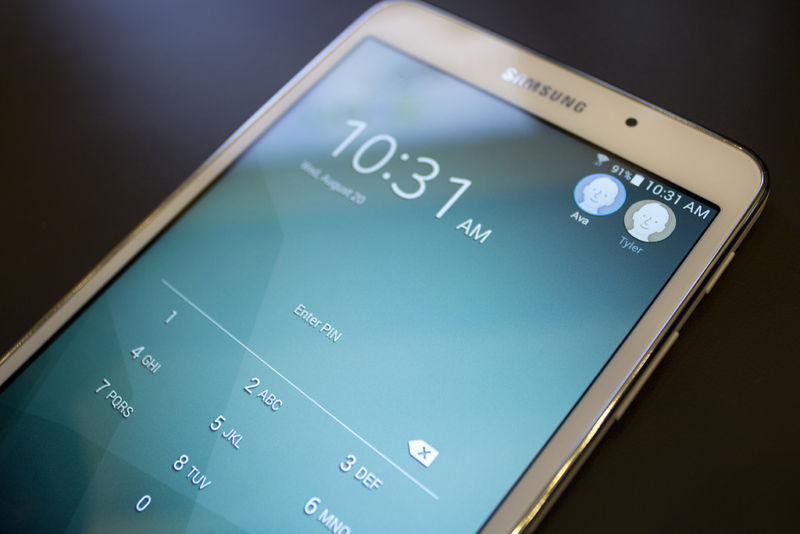
Enlarge (credit: Harrison Weber)
Smartphones know an awful lot about us. They know if we're in a car that's speeding, and they know when we're walking, running, or riding in a bus. They know how many calls we make and receive each day and the precise starting and ending time of each one. And of course, they know the personal identification numbers we use to unlock the devices or to log in to sites that are protected by two-factor authentication. Now, researchers have devised an attack that makes it possible for sneaky websites to surreptitiously collect much of that data, often with surprising accuracy.
The demonstrated keylogging attacks are most useful at guessing digits in four-digit PINs, with a 74-percent accuracy the first time it's entered and a 94-percent chance of success on the third try. The same technique could be used to infer other input, including the lock patterns many Android users rely on to lock their phones, although the accuracy rates would probably be different. The attacks require only that a user open a malicious webpage and enter the characters before closing it. The attack doesn't require the installation of any malicious apps.
Malicious webpages—or depending on the browser, legitimate sites serving malicious ads or malicious content through HTML-based iframe tags—can mount the attack by using standard JavaScript code that accesses motion and orientation sensors built into virtually all iOS and Android devices. To demonstrate how the attack would work, researchers from Newcastle University in the UK wrote attack code dubbed PINLogger.js. Without any warning or outward sign of what was happening, the JavaScript was able to accurately infer characters being entered into the devices.